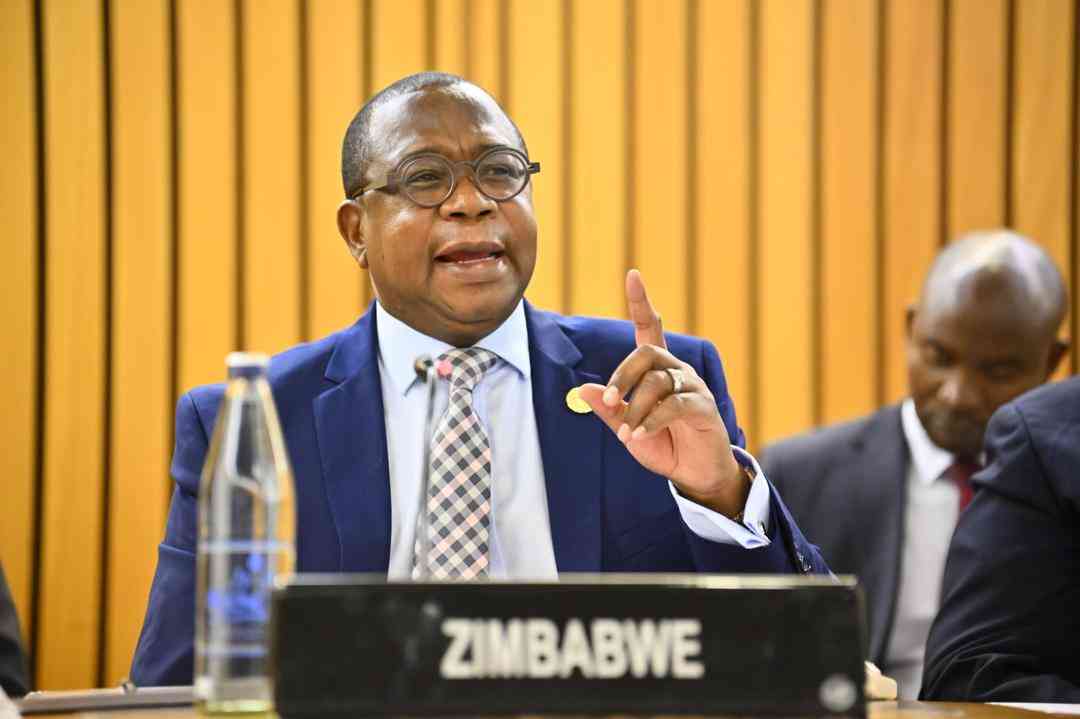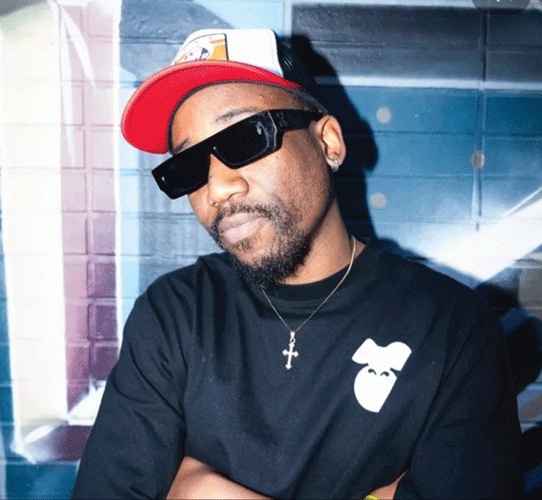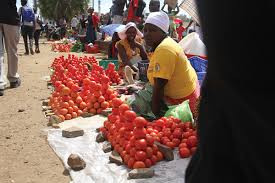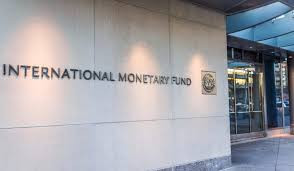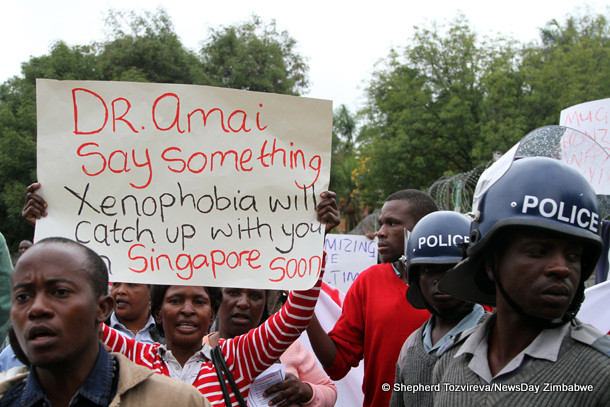
THE crying need at this moment is for a united stand against these outrages from all prominent South Africans.
Mail and Guardian
As we move towards celebrating 21 years of South Africa’s democracy, many of our citizens appear hellbent on denying our brothers and sisters from elsewhere on the continent, and other hard-working foreigners, the fundamental human rights that the Constitution guarantees us.
There is a tragic irony in this. The struggle for those rights was supported, often at considerable sacrifice, by our African neighbours and other states whose nationals are now under attack. How ungrateful we are, and how short our memories.
We have squandered the goodwill once lavished on us from across the globe. We have betrayed the foundation laid over so many years by those who dreamed that South Africa would take its place as a leading moral force in the world.
Let us be blunt: The violence and looting that we have witnessed in KwaZulu-Natal and elsewhere is a dark stain on our reputation.
Mindful of the approaching local government elections and of the need to not appear out of step with their constituency, representatives of the government and the ruling party have spoken with forked tongues on the issue, tut-tutting about violence while expressing a measure of understanding for the attacks.
There can be no excuse for or defence of the horrors we are seeing. One does not expect a democratic South Africa to behave like the former apartheid state, where rights violations were routine and routinely defended.
- Chamisa under fire over US$120K donation
- Mavhunga puts DeMbare into Chibuku quarterfinals
- Pension funds bet on Cabora Bassa oilfields
- Councils defy govt fire tender directive
Keep Reading
One commentator, Elias Munshaya, offered the biting observation on Twitter that while some South Africans were toppling the statue of Cecil John Rhodes, others were trying to protect the borders he helped to cement.
King Goodwill Zwelithini’s provocative utterances undoubtedly helped fuel the current round of violence, and there is no point in him trying to deny them. By the same token, Home Affairs minister Malusi Gigaba owes the king no apology for reprimanding him about his remarks.
ANC secretary-general Gwede Mantashe also struck entirely the wrong note by repeating his bizarre comments about setting up refugee camps to process “undocumented” foreigners.
Many of those who are being attacked have residence rights or asylum, and are just as entitled to walk South Africa’s streets as Mantashe himself.
The Mail & Guardian has previously reported on the public xenophobia displayed by Cabinet ministers such as Lindiwe Zulu and Nomvula Mokonyane.
Some within the business community are equally culpable. They include President Jacob Zuma’s son Edward, who has refused to apologise for his shameful remarks.
Yes, unemployment and economic distress are motivators – but so is a baser envy. Some South Africans are irked by the business competition offered by foreigners and the spectacle of Africans who are more successful than they are.
Perhaps because of South Africa’s culture of entitlement, the entrepreneurial spirit and hard work so evident in immigrant communities has become a source of resentment.
Once it is accepted that certain groups fall outside South Africa’s constitutional dispensation, all minorities in the country are at risk. As Rivonia trialist Ahmed Kathrada told the Daily Maverick: “Xenophobia is racism.”
It would not take much for the groundswell against foreigners to be translated into violence against the Indian community, particularly in KwaZulu-Natal, where there is a long and dishonourable tradition of sectarian hatred. There is now an attempt to paint South Africans of Indian origin as “co-conspirators”, by suggesting that foreigners are using their warehouses or that “they are working together against us, the Zulu majority”. —M&G

